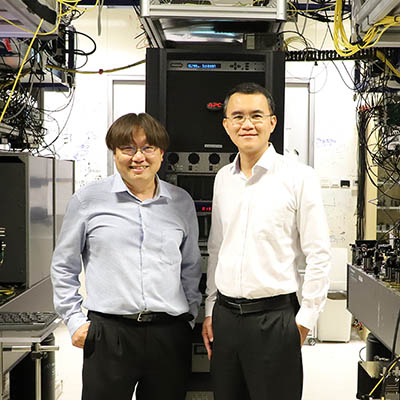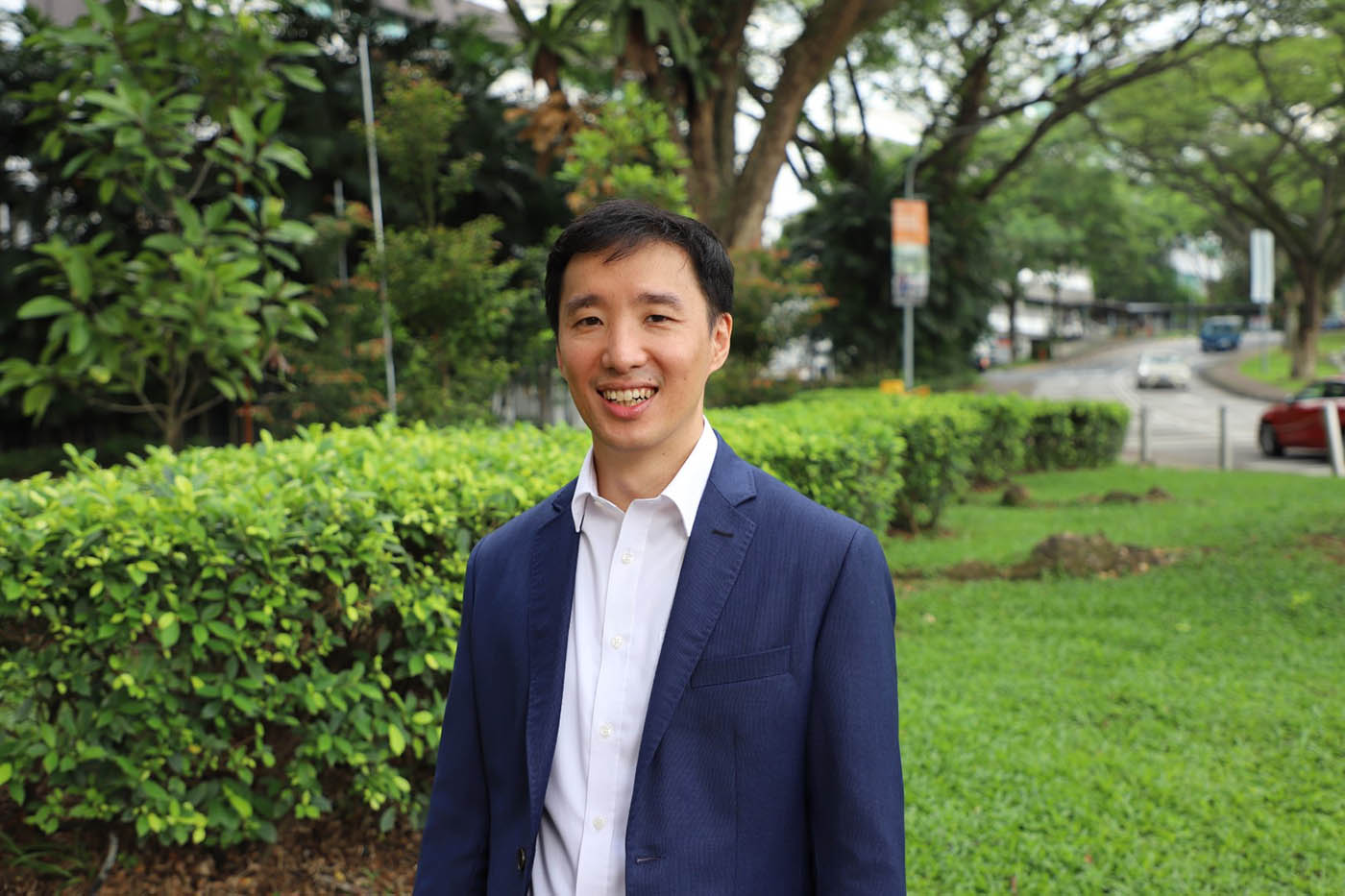Highlights
Singapore’s Quantum Engineering Programme enters second phase under new leadership
The national Quantum Engineering Programme (QEP) has entered a second phase of funding, with one open call for proposals and a series of workshops planned to shape further calls.
QEP aims to develop quantum science and technology into solutions for real-world problems, combining technical skills and industry insight. Earlier this year, Singapore’s National Research Foundation (NRF) committed a further $96.6 million to the programme. QEP was originally launched in 2018 with a $25 million investment.
Under the first phase of QEP funding, seven projects are already underway at local universities. The new funding will support further projects over five years across four pillars: communication and security, computing, sensors and foundry. The first call, published 16 October, is for quantum sensors.
A new director
The programme also has new leadership, with CQT Principal Investigator Alexander Ling appointed Director of the programme in September 2020.
Alexander, who is also an Associate Professor in the NUS Department of Physics, has experience in translational research. He leads a group that has advanced the engineering of quantum communication devices for trials on Singapore’s urban fibre network and in nanosatellites in space. He is also a co-founder of two quantum spin-off companies, S-Fifteen Instruments and SpeQtral.
“Our quantum community has a good base of technical knowledge on which we can build new capabilities to solve national challenges and ensure value-capture for Singapore,” says Alexander.
As Director of QEP, Alexander reports to a steering committee led by the Chief Executive Officer of NRF, Prof Low Teck Seng, and Singapore’s Chief Defence Scientist, Mr Quek Gim Pew.
CQT Director José Ignacio Latorre, who also serves as a member of the QEP steering committee, says “We welcome the role of the Quantum Engineering Programme in Singapore in turning discoveries from the edge of knowledge into technologies that can improve human lives. With Alexander Ling as Director, the programme is in good hands. Alexander has distinguished himself as a Principal Investigator at CQT working on quantum technology for nanosatellites, co-founding two spin-offs and coordinating community networks.”
QEP is a national programme that will support projects led from any of Singapore’s institutes of higher learning and research institutions. Alexander leads QEP from its offices at the National University of Singapore, and is working with coordinators in each of the programme’s four pillars to engage the research community through a series of workshops. Participation in these workshops is also open to government agencies and companies that may have ideas on applications or be curious about how quantum technologies can help their business.
Call status
The open call for proposals for “Quantum Sensors for Environment and Navigation” includes challenge statements presented at an earlier workshop by the Ministry of Defence and Earth Observatory of Singapore. The call is open until 14 April 2021. The next workshops will be in the Quantum Computing pillar exploring applications in supply chain management and finance. They are scheduled for 18 and 19 November 2020.
In addition to awarding research grants, QEP will support ecosystem building and set up a consortium for industry, with one goal being to build a quantum-safe network testbed in Singapore. The programme office is currently recruiting for two full-time staff, an Ecosystem Builder and a Quantum Communications Technologist, to work on these activities. More details about all QEP activities are available at the programme website: qepsg.org.
Learn more
Related Stories
 | $25 million for Quantum Engineering Programme September 18 2018 |







